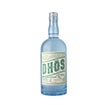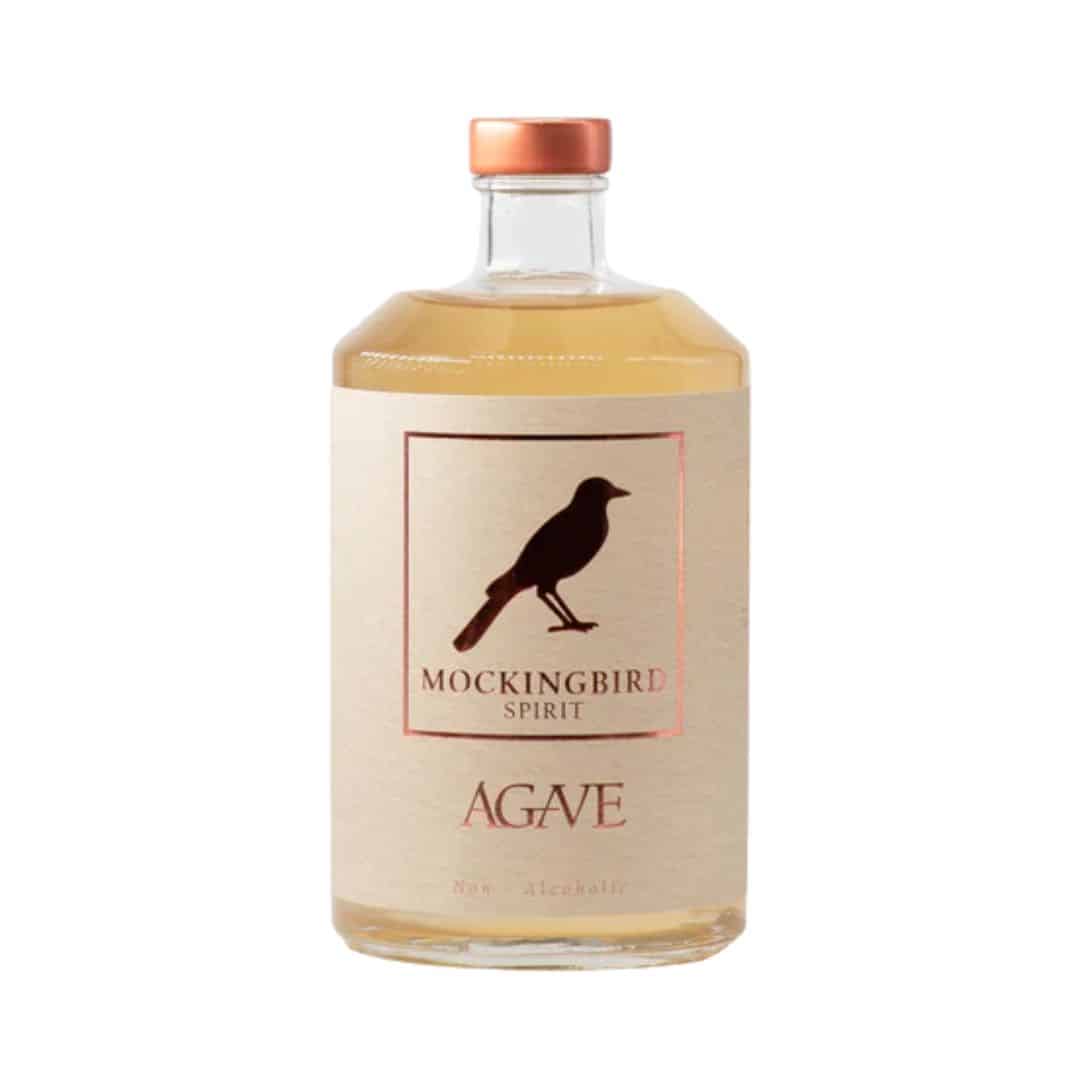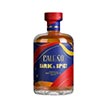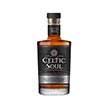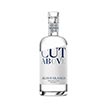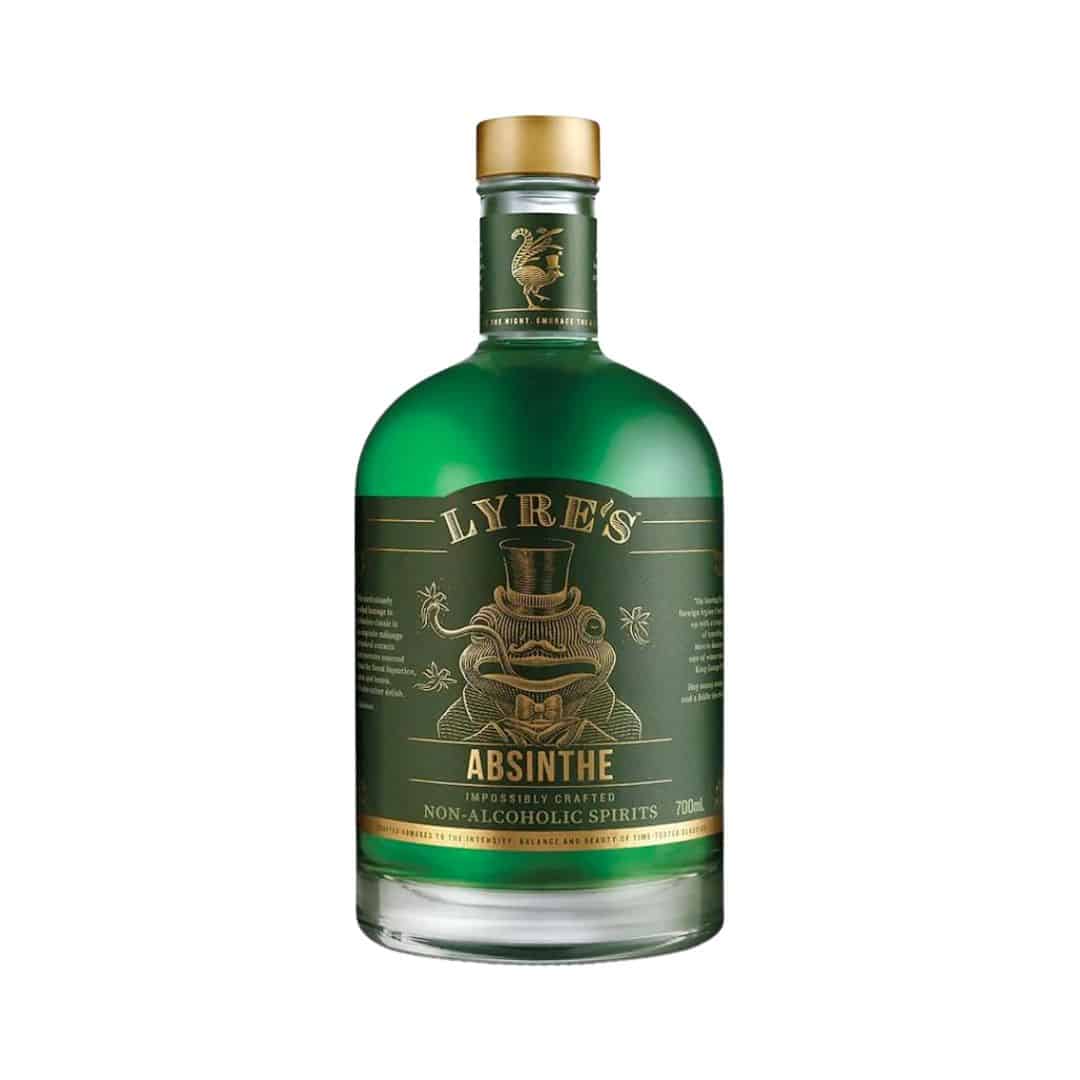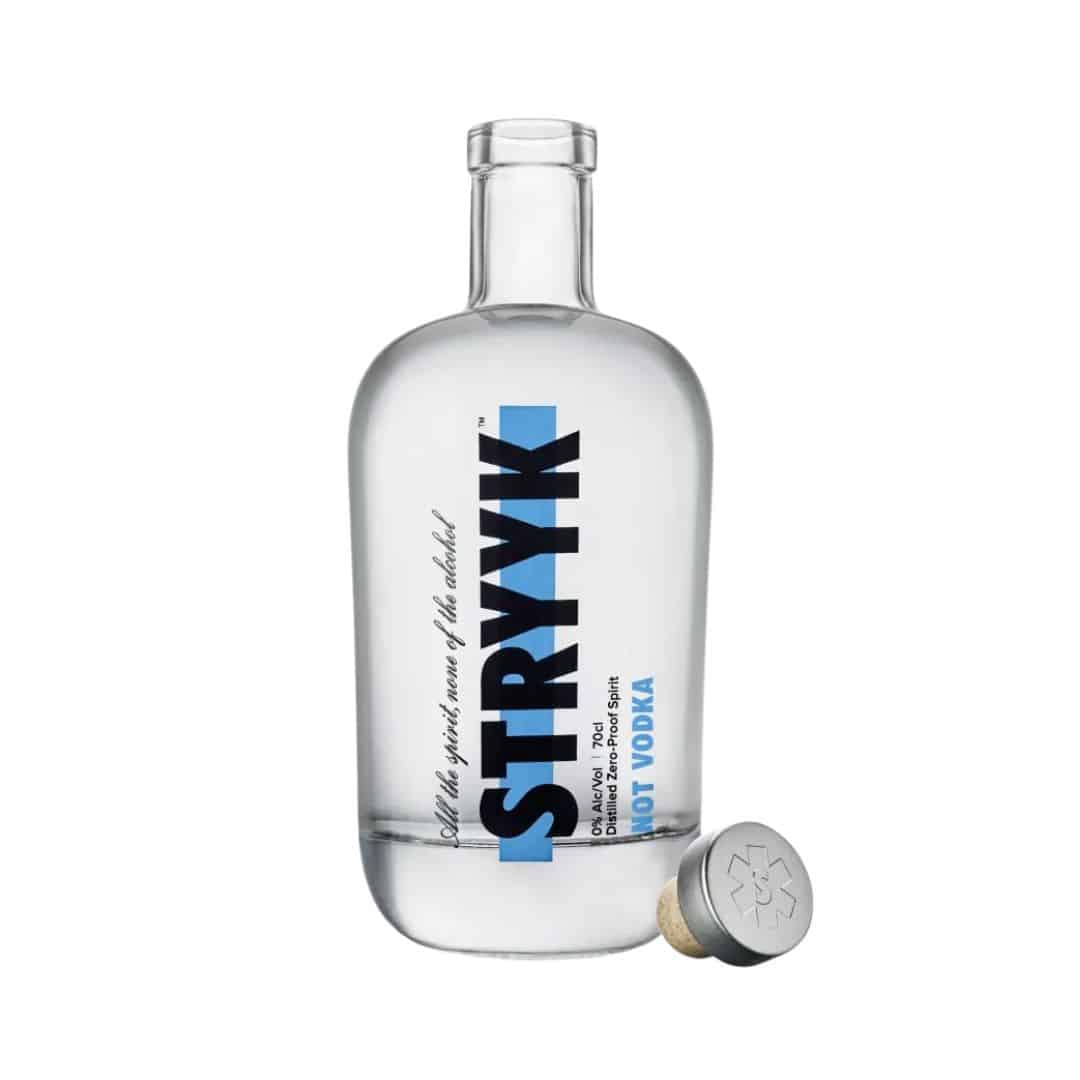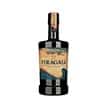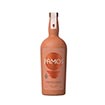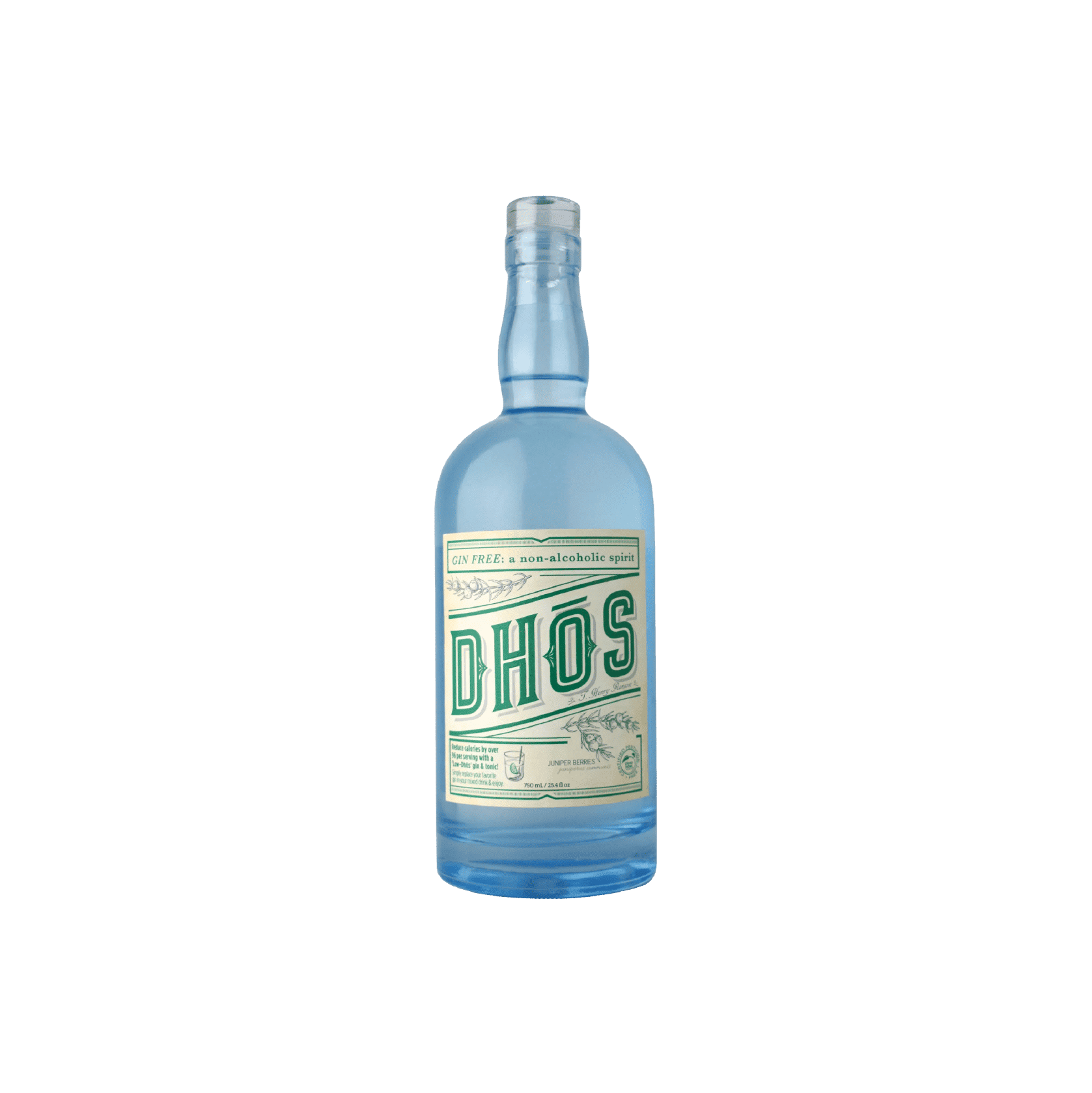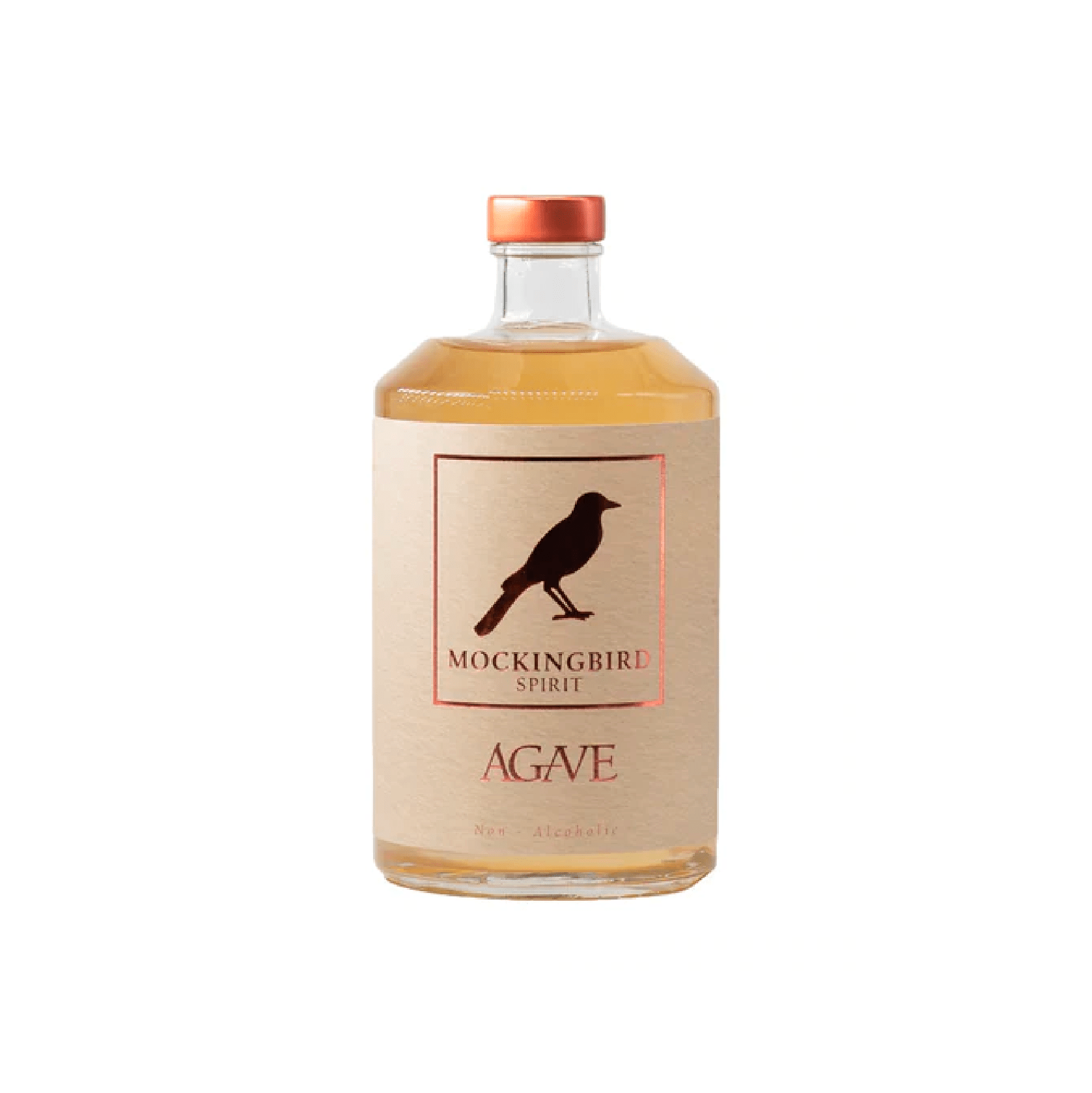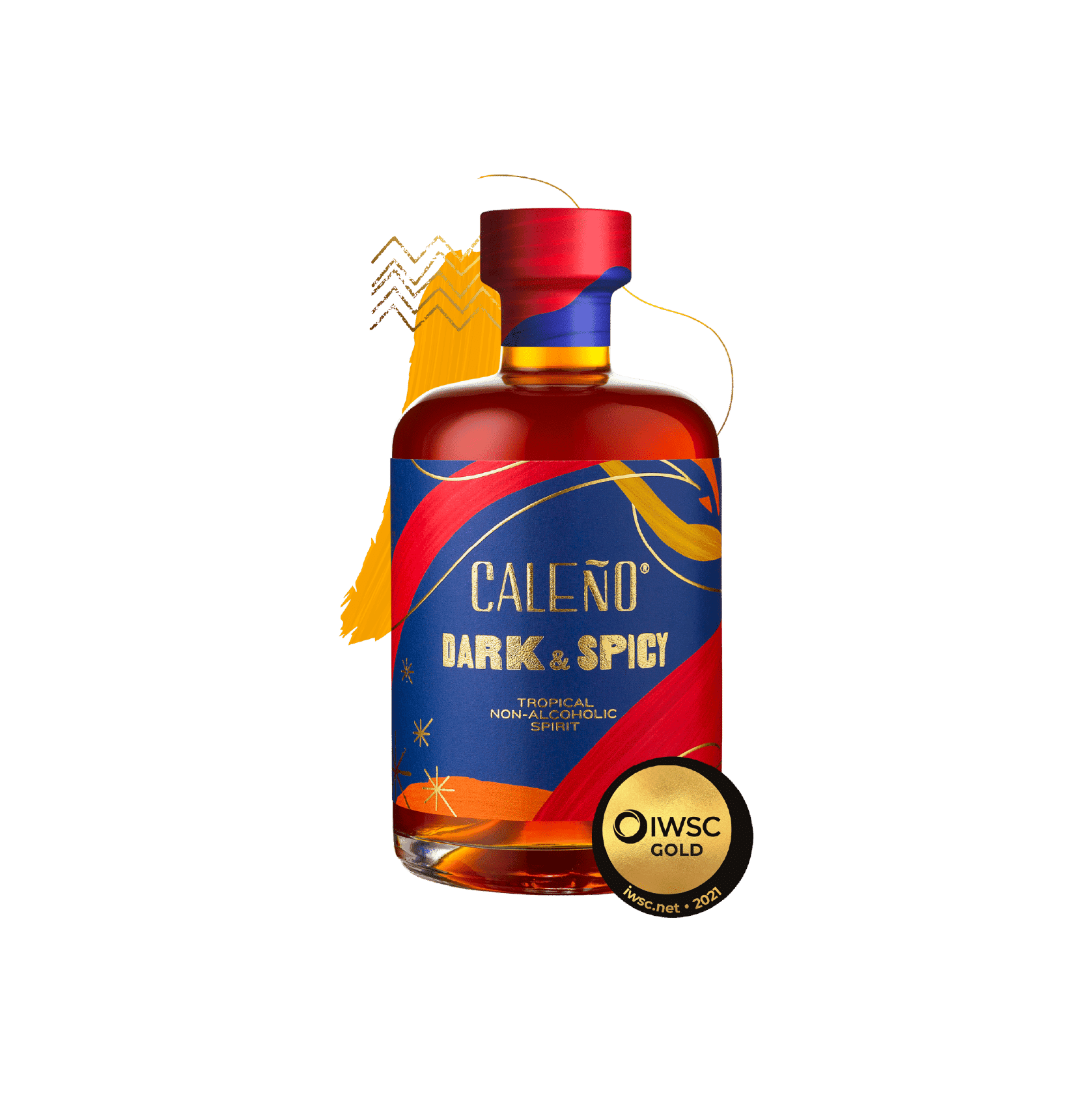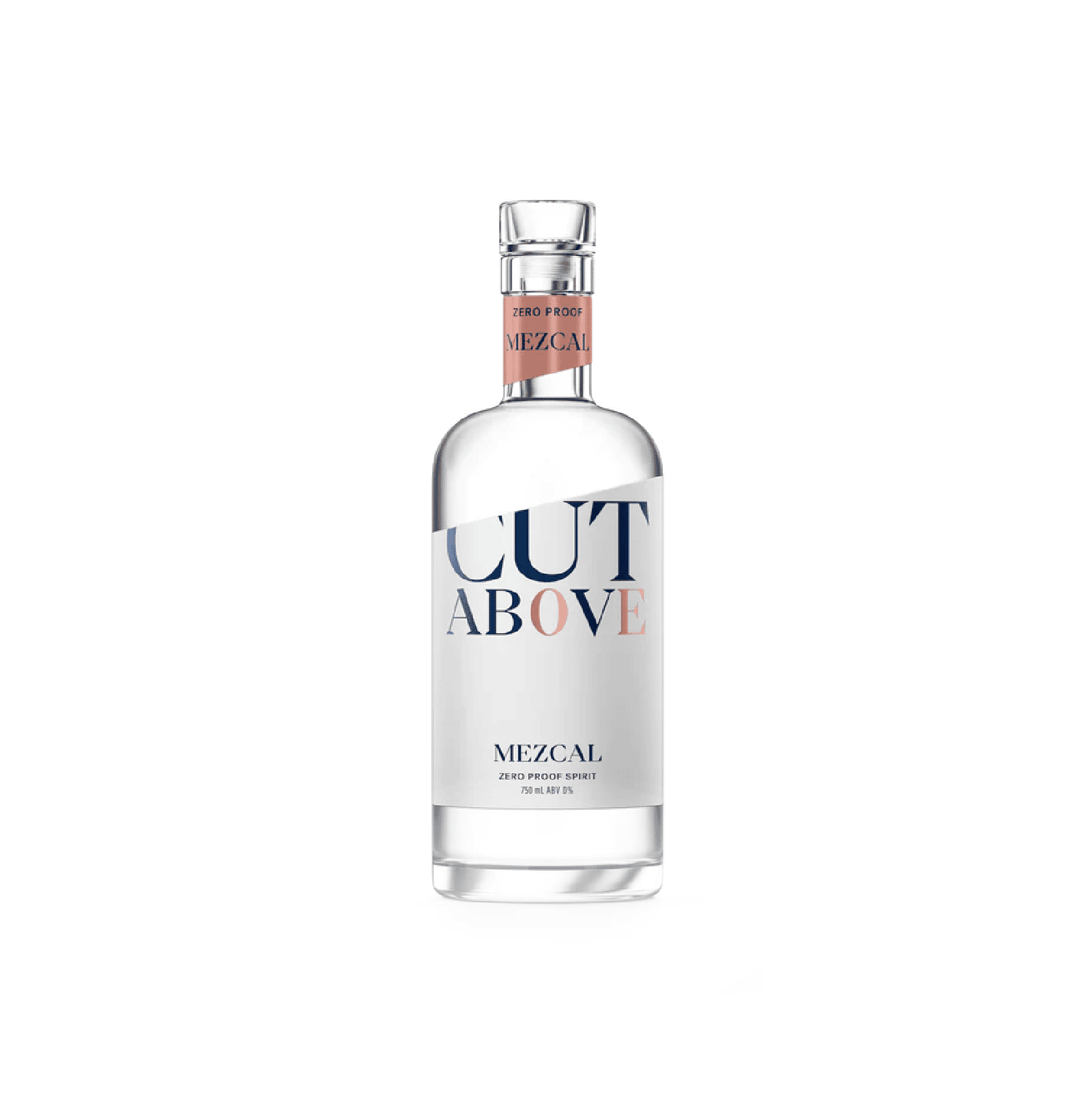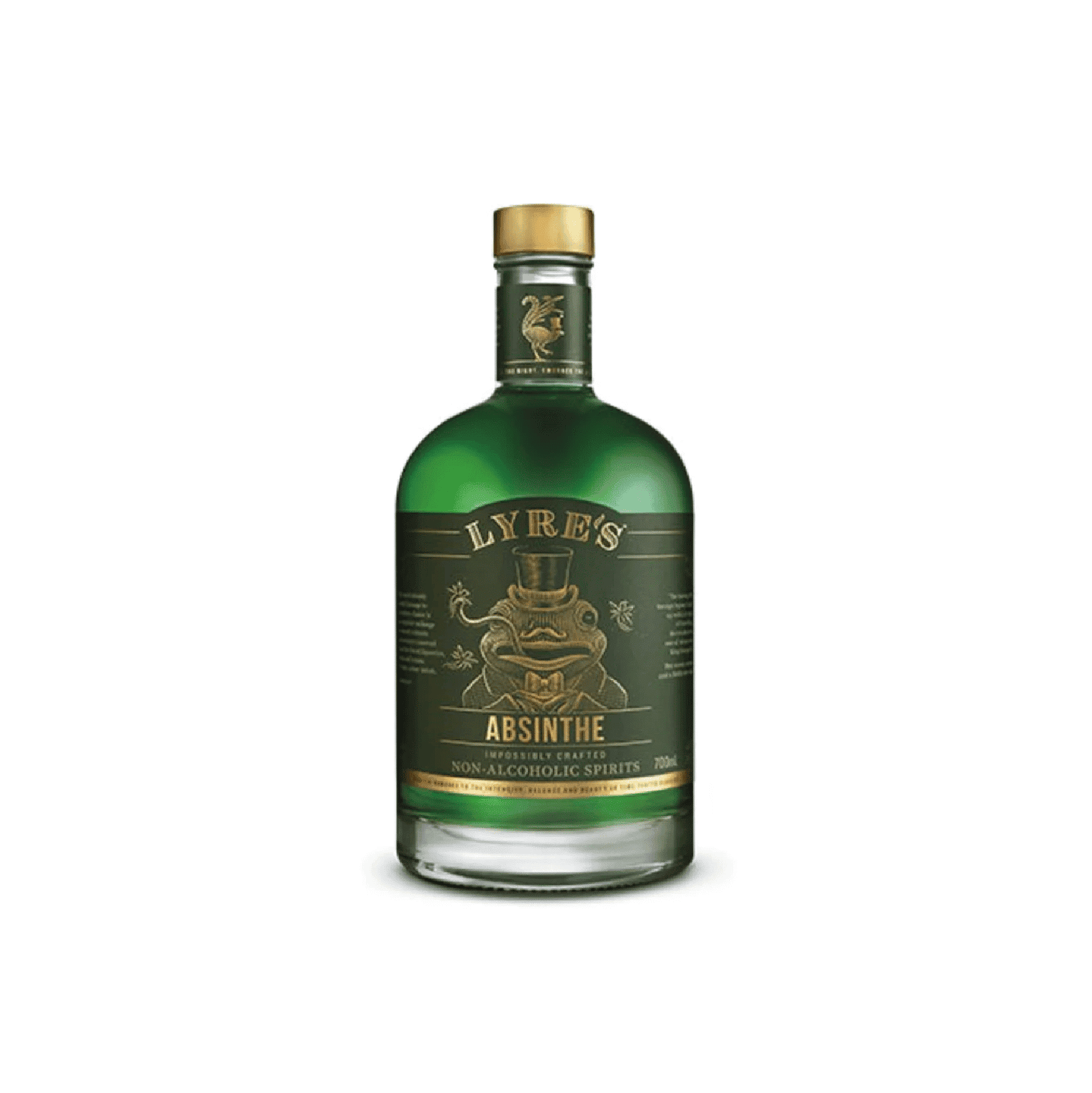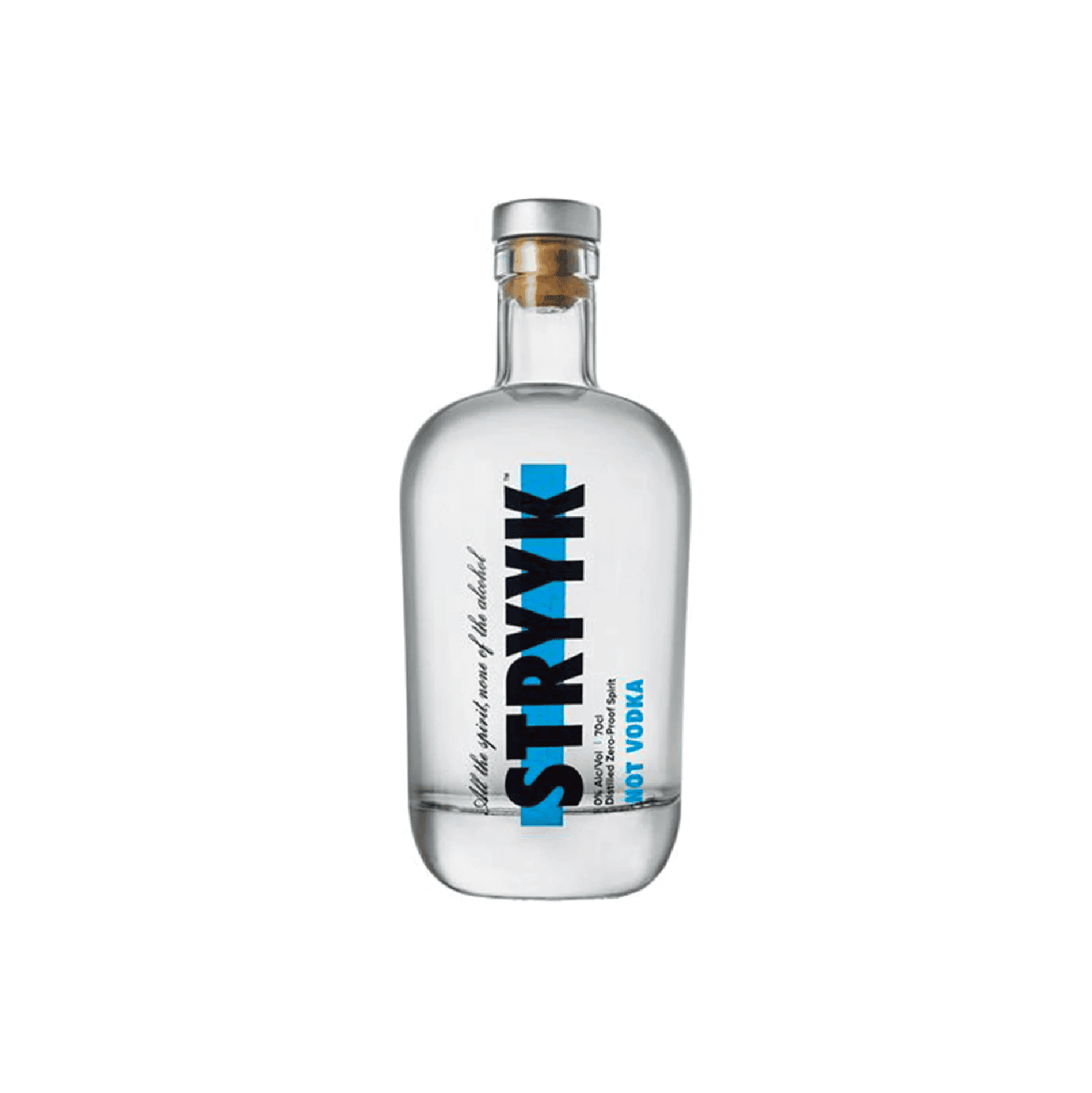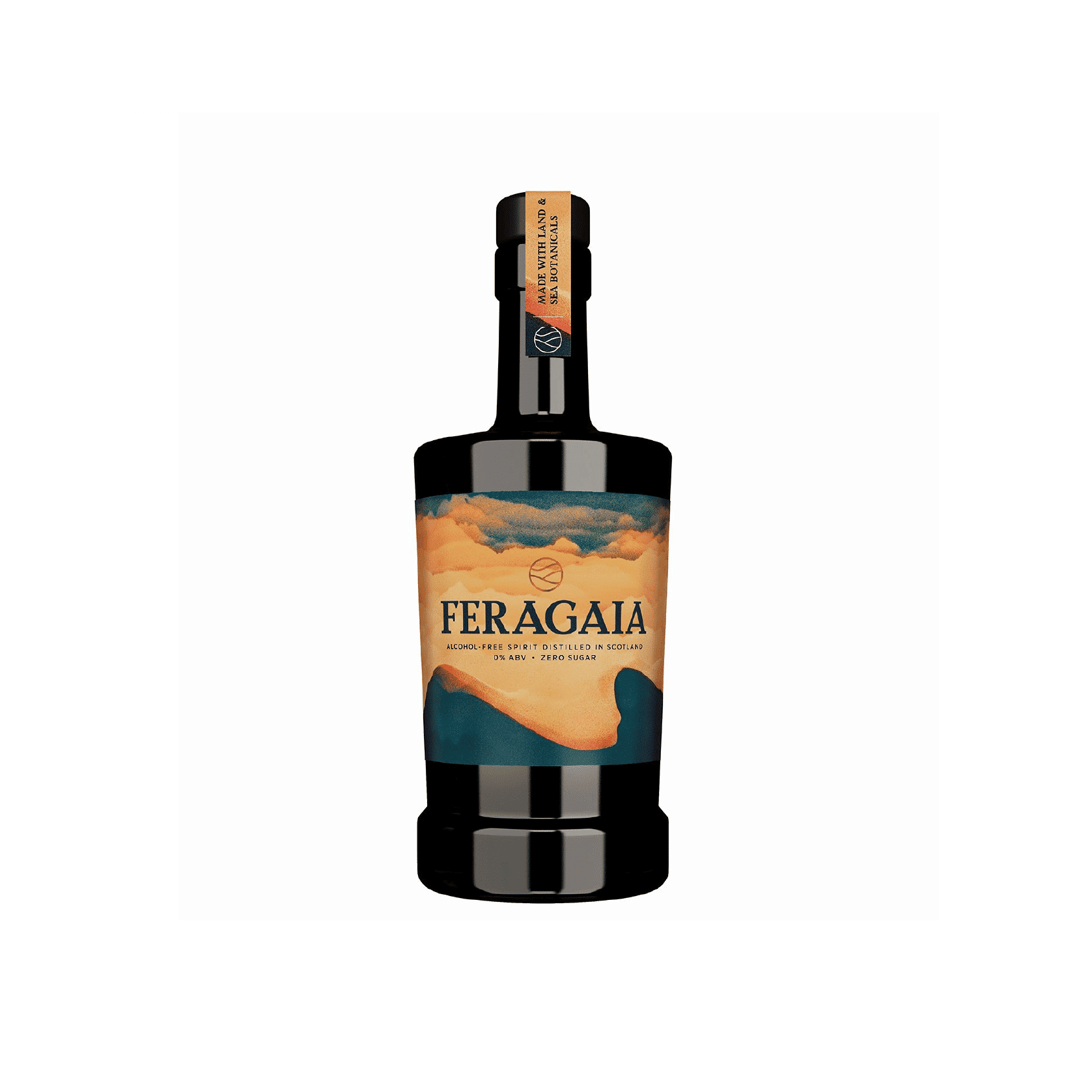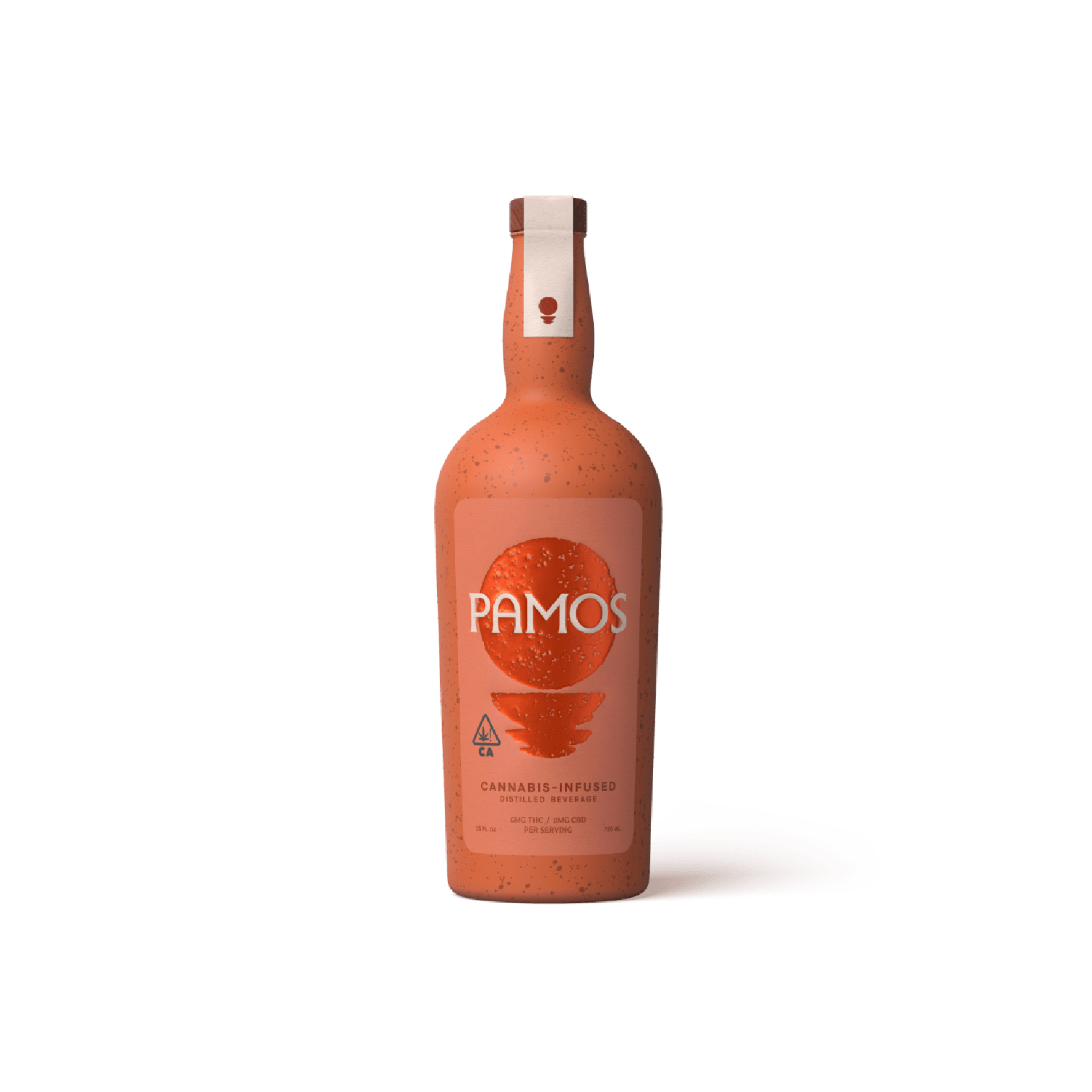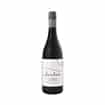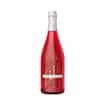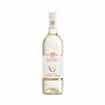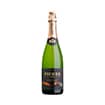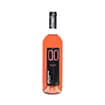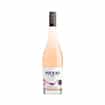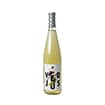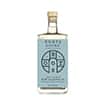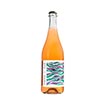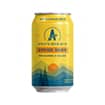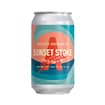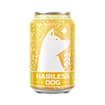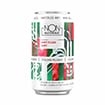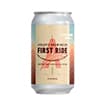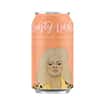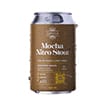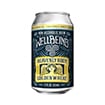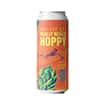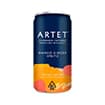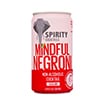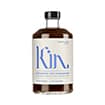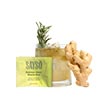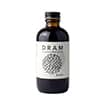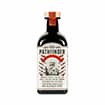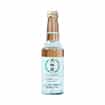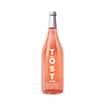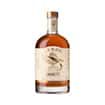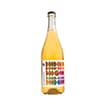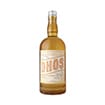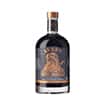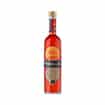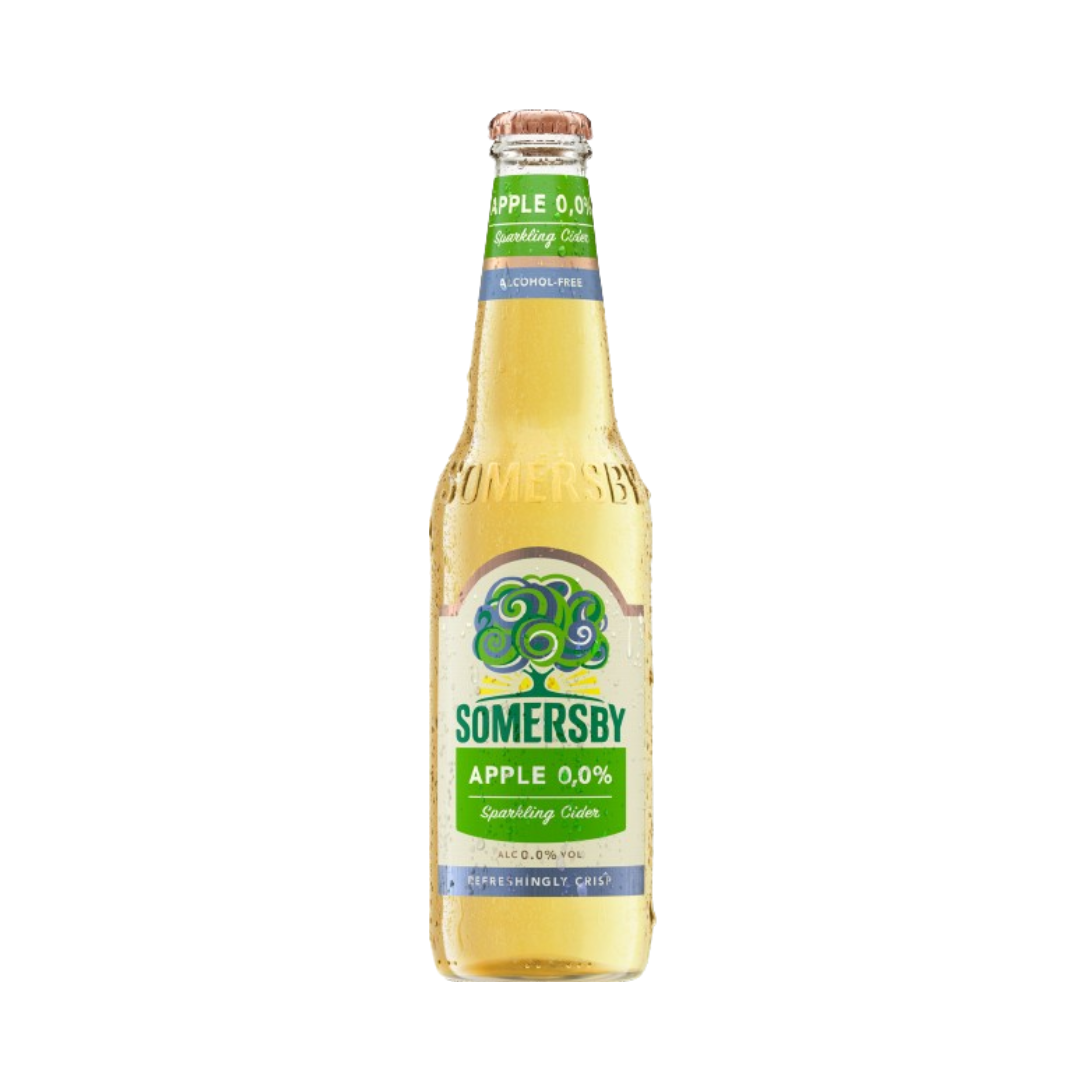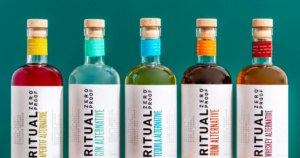The following was written by Lauren Sausser and published in Vogue on 1/4/22.
There’s an old brick building on the corner of Broome and Mott in Lower Manhattan that was once home to a large horse-drawn carriage company. Back in the 1800s, carriages constructed at the Brewster factory were considered the height of American luxury. Vanderbilts and Astors bought Brewster carriages. “Brewster green,” two centuries later, is still a thing.
The color lives on. The carriage factory does not. The Brewster building is now home to high-end condos, though it continues setting trends south of Houston as evidenced by its newest ground floor retail tenant—a small store called Spirited Away—that markets itself as New York City’s very first booze-free bottle shop.
This is a business catered to people who love high-end cocktails. But it doesn’t sell any alcohol.
“I never wrote a business plan,” said Spirited Away owner Douglas Watters, an ex-banker who quit his finance job this past fall to run the retail shop full time. “I had a hypothesis,” he continued, “there must be a market for this.”
The store stocks dozens of different products, from alcohol-free prosecco to zero-proof craft beer, spirits, bitters and more. It carries small-batch brands like Ghia, Seedlip and Figlia, a company founded by 25-year-old New York entrepreneur Lily Geiger, who created the recipe for her non-alcoholic aperitivo in her own kitchen. It tastes like cloves and flowers. Geiger recommends mixing the aperitivo with seltzer and serving it with a wedge of orange or a sprig of rosemary–sort of like an Aperol spritz, sans alcohol.
“It’s been hard to keep on the shelves,” said Geiger, who debuted her product only six months ago. She said she’s already sold 3,000 bottles, and recently ordered the production of 10,000 more. “We’re now in about 53 locations in the U.S. We’re even in Hawaii.”
Industry experts agree that the demand for non-alcoholic and low-alcoholic alternatives across the U.S. has been exploding for a few years now–by as much as 506 percent since 2015, according to one Forbes report. The trend is driven by a growing group of adults, particularly young adults, who are reevaluating their relationship with alcohol. They’re not necessarily striving for sobriety, though they may be “sober curious.” Many of them have decided they simply want to drink less.
The genesis of Spirited Away dates back to the pandemic’s early days. Watters and his wife Victoria were both working from their small apartment, Victoria typically in the bedroom, Douglas in the living room. They would wrap up around 5 p.m. and then start drinking.
Douglas said he’d always relied on his evening commute to decompress, as a way to switch his brain from “work mode” to “home mode.” But suddenly, no one was commuting. And for a while, making a cocktail as soon as he powered down his laptop helped him make that transition.
“My daily evening ritual was to make a cocktail. And if you do that seven nights a week, which I was, you’re consuming a sizable amount of alcohol,” Watters said. “When I started to think about it, it was more alcohol than I wanted to be drinking in the aggregate.”
So he ordered a few non-alcoholic products online, many of which ship directly to consumers. Douglas and Victoria liked what they tried, but they wanted to sample more. During a trip to Astor Wines & Spirits on the Upper East Side, the Watters found out that one of New York City’s largest alcohol retailers didn’t sell any non-alcoholic products. State law doesn’t allow it. “I think that might have been a lightbulb moment for Douglas,” said Victoria, who works in marketing for a cyptocurrency asset manager.
In 2020, Spirited Away opened briefly at the intersection of Ludlow and Stanton on the Lower East Side, but quickly outgrew the 300-square-foot space. Watters reopened the store on Mott Street inside the old Brewster factory in December after it became clear the business needed a bigger home.
“It will be mostly more brands,” Watters said about Spirited Away’s new space. “There’s just a ton of growth happening.”
Watters drinks much less alcohol than he used to, but pointed out he has no plans to become sober in the near future. That’s true for many of his customers, too. In October, NielsenIQ data exec Kim Cox said during a panel discussion that 78 percent of people buying these non-alcoholic products are also buying alcoholic beer, wine and spirits.
“People are interested in cool tastes and new tastes that they haven’t encountered before. People are looking for new and interesting things to drink. No-alcohol spirits may be one of those new things,” said independent journalist Dave Infante, who covers the drinks industry for his Substack newsletter “Fingers.”
He pointed out that the demand for these products continues to pale in comparison to the demand for alcohol. And while the low- and no-alcohol market has grown exponentially in recent years, Infante argued this double- and triple-digit growth needs to be taken in context: Most of the products stocked at Spirited Away didn’t even exist a few years ago. “I think there’s no pathway forward for a big, national sobering-up based on the strength of these products at this time,” he said. “I could be wrong.”
Watters agreed that the inventory he stocks at Spirited Away may not be particularly useful for those who struggle with alcoholism and he speculated most of his customers are not in recovery from an alcohol-use disorder. These products look and smell and often taste like alcohol. Counterintuitively, he said, alcohol-free alternatives could be problematic for people in recovery.
“I think for a lot of people in that community, the idea of walking into a bottle shop, it can be very challenging and even triggering,” he said. “I think a lot of people in recovery are avoiding stores like mine.”
Author Holly Whitaker published the best-selling “Quit Like a Woman: The Radical Choice Not to Drink in a Culture Obsessed with Alcohol” in 2019. The book went viral last year when Chrissy Teigen credited Whitaker with helping her become sober, and it was recently featured in a plotline on HBO’s “Sex and the City” reboot.
Whitaker, for one, said she wasn’t really interested in non-alcoholic options at the beginning of her own sobriety journey because she “didn’t want to just do the same thing and switch out what was in my hand.” There weren’t many good non-alcoholic options on the market back then anyway, she said, particularly in bars.
“We only had Diet Coke and shitty coffee,” Whitaker said. “I would have loved to have something nicer back then—maybe?”
In “Quit Like a Woman,” Whitaker writes about the idea of a “toolbox”—a kit that women can draw from to help shrink the outsized role that alcohol often plays in our lives. Those tools—physical and practical—include meditation, music and aromatherapy. Non-alcoholic drinks might ultimately fit nicely in that toolbox, too, she said. “It’s really nice to have something presented as an alternative that will lessen the amount of alcohol we drink in a week,” Whitaker said. “We consume way too much across the board.”
Full article in Vogue: https://www.vogue.com/article/booze-free-bottle-shops-on-the-rise

